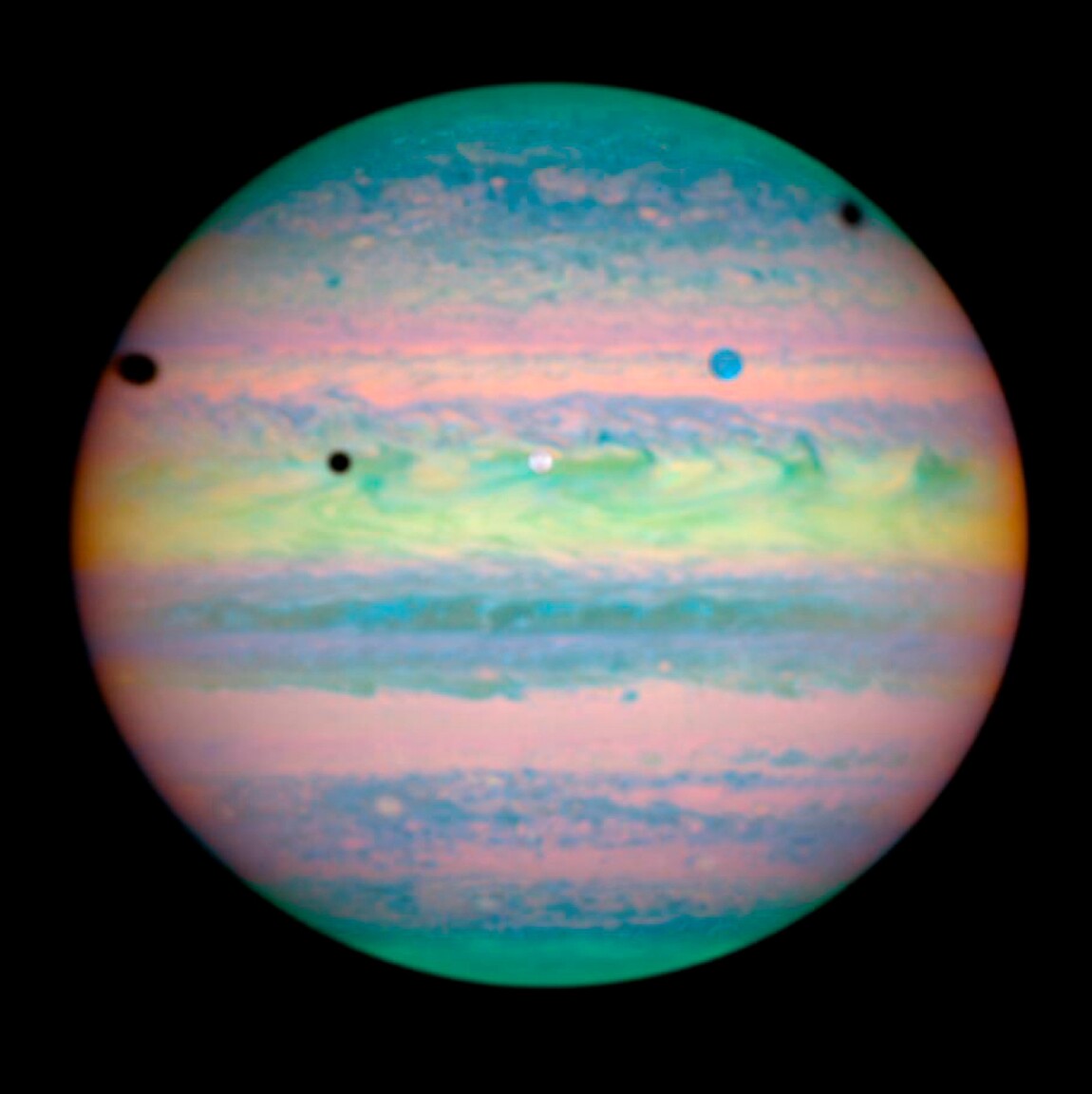Konsert

Gravitational Shift
Students from KHiO’s Opera and Fine Art departments will perform the first iteration of the choral work Gravitational Shift, which is a work-in-progress composed by classical singer and composer Katinka Fogh Vindelev and visual artist and research fellow Marie Kølbæk Iversen at Henie Onstad May 14.
The choral work Gravitational Shift is based on Kølbæk Iversen’s large-scale video installation Io/I, which is part of The Moon . At the core of the composition lies a collection of non-verbal vocal expressions of fright and pain such as screams, gasps and cries, that have been gathered by Kølbæk Iversen among birthing women as part of her artistic research project regarding fright. Thus taking the cue from Io—a mythological birthing figure—and employing Jupiter as a figure of trauma to which the traumatised are locked in a seemingly inescapable gravitational pull, the aim of the composition (and the workshops, on which it is based) is to explore the transformative, generative, and worlding potentials of gestalting collectivity through singing—and through collectivity: To explore methods of gravitational shifting away from trauma’s heavy pull.
By inviting participants to sing the melodies rather than reproducing their affect, the composition thus explores the power of the aesthetic to reconfigure trauma in ways that verbal narrative or direct representation may not.
The choral work will be performed within Kølbæk Iversen’s large-scale installation Io/I, which is part of Henie Onstad’s exhibition The Moon on Tuesday May 14th at 4pm.
Duration: 30 mins.
Do you want to contribute to this project?
In addition to being a concert piece-in-progress, Gravitational Shift also serves as elicitation method for a series of interviews with women who were traumatised during labour to be conducted in the autumn semester of 2019. For this second instantiation of the project, we are now gathering recordings of childbirths to be used for the development of the composition as an aesthetic-expressive interface between the interviewers, the mothers, and their traumas.
If you are interested in sharing your birth recording, or in having your labour recorded for the purpose of this research project, please do not hesitate to get in touch. Importantly, the recordings themselves will not be publicly shared in any form. They will serve merely as raw material for the creation of the composition through time-stretching and transcription.
Recordings can be sent to mariiver@khio.no through December 2019.